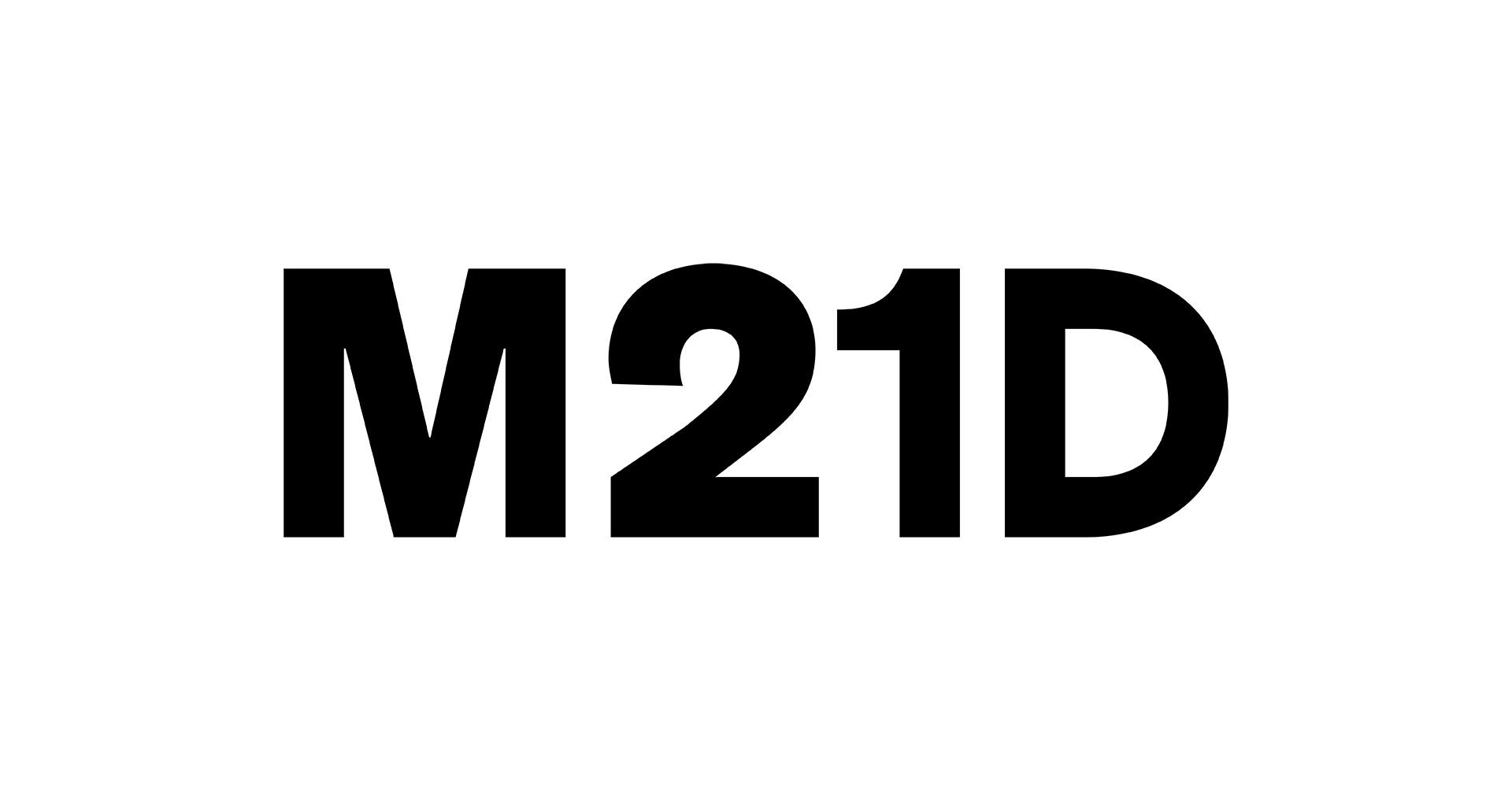EU Directive on Single-Use Plastics

Photo Credit: Creative Commons Zero CC0
Materials
Multinational legislation
Labor
Ongoing research into the working conditions of those involved with the creation and enforcement of the directive
Creators
European Union and associated contractors
Uses
Intended to decrease water and land pollution and sanitize the chain of human food
Access
Banning single-use plastics can be burdensome to people with limited resources and requires production companies to retool
Equality
Improves environmental context for those living in Europe with residual improvements across borders
Life cycle
Ongoing research into the impact of legislation and the process of creating legislation
Do you have something to add? Let us know! info@m21d.org
Plastic, Plastic Everywhere
85% of Europe’s saltwater beaches and seas exceed standards for marine litter. At the Mediterranean Sea, the dirtiest of all European seas, researchers collected an average of 274 pieces of plastic waste per 100 meters of shoreline. Moreover, microplastics turned the coastal waters into toxic puddles of plastic. According to the UN Environmental Program, “plastic pollution can alter habitats and natural processes, reducing ecosystems' ability to adapt to climate change, directly affecting millions of people's livelihoods, food production capabilities and social well-being.”
The ten most common single-use plastic (SUP) items on European beaches represent 70% of all marine litter in the EU. Those ten SUP items are cotton bud sticks; cutlery, plates, straws and stirrers; balloons and sticks for balloons; food containers; beverage cups and containers; cigarette butts; plastic bags; packets and wrappers; wet wipes and sanitary items. In response, the European Union began regulating SUP and, in 2021, enacted the Directive on SUPs.
This directive makes it illegal to sell on EU markets cotton bud sticks, cutlery, plates, straws, stirrers, sticks for balloons, containers made of expanded polystyrene, and all products made of oxo-degradable plastic. Oxo-degradable plastic, according to European Bioplastics, refers to products “made from conventional plastics and supplemented with specific additives in order to mimic biodegradation.” However, only a small amount of the material breaks down into microplastics — none of it degrades. These pieces of microplastic end up in the human food chain, often beginning with fish that exist in water filled with microplastics. These SUP items and the oxo-degradable plastic items can easily be made with alternative materials.
Other SUP items that require more time to find an alternative have regulations that require producers to make plastic less detrimental to the environment and to establish waste management and clean-up obligations. The directive is supported by additional rules and restrictions implemented at the national, state, and local levels.
Legislation as Design that Influences the Design of Objects and Systems
The EU Directive on SUPs may not be revolutionary in form or concept, but it is impactful. It simply builds on previous legislation and works with legislation that already exists in countries within the EU. But it has led to the designs of new alternative materials, the new application of old materials, and the development of processes that render SUP products unnecessary. Reusable container systems, like RECUP in Berlin, and paper straws across the continent would not have been economically feasible at their current scale before the directive became operational.
Plastic Bags Directive + M21D
Large-scale projects such as a continental SUP ban or regulation set can create drastic change and turn small steps into giant leaps in the fight against the climate crisis and defense of the natural world. M21D will follow the EU Directive on Single-Use Plastics as it is measured, evaluated and used as a model for other regions.
Resources
"Assessment of measures toreduce marine litter from singleuse plastics," EU Commission
"Considerations, benefits and unintended consequences of banning plastic shopping bags for environmental sustainability: A systematic literature review," International Solid Waste Association
"Directive (EU) 2019/904 of the European Parliament and of the Council of 5 June 2019 on the reduction of the impact of certain plastic products on the environment," EU Law
"Oxo-Degradable Plastics," European Bioplastics
"Plastic Pollution," UN Environment Programme
"RECUP: The Coffee Cup Share System Set to Take Over Berlin," Reset
